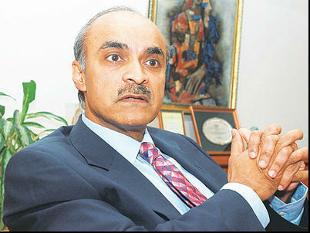
MUMBAI: Unilever Plc's decision to throw $5 billion to raise its stake in Hindustan UnileverBSE 17.28 % may be a reflection of its desperation to grab a higher share of the India growth story, but it is also an acceleration of a trend that could make the revival of equity culture elusive.
The maker of Dove and Surf may be well within the law unlike in the 90s when the group was charged with insider trading, but a reduction of a quarter of a float of the biggest consumer goods maker will be a loss for market depth, and investors. In fact, life has come a full circle - from mandated to listing of international firms, to nearly forcing minority holders to part with shares, though in Unilever's case it is no delisting proposal yet.
An unintended government policy dating back four decades which helped foster an equity culture in India with many owning multinational companies' stocks for decades, is giving way to a culture where even funds are happy if the price offered gives them a decent return for the year.
Many of Ms. Indira Gandhi's economic policies did not make sense, but the mandatory listing for foreign companies made many millionaires, and are probably the only few who have survived the boom-bust cycles.
The economic rationale was that these companies with a low capital base were repatriating huge amounts as dividends and that too at a time when foreign exchange was tightly controlled by the central bank and the government. The Foreign Exchange Regulation Act (or FERA) was then amended to force foreign firms to list in India and to offer shares to Indian investors.
And in an era of controlled pricing of share sales, the public offerings of a host of such companies — Colgate, Wimco, Tata Findlay as it was called then, Hindustan Lever, Cadburys, Britannia, Castrol were lapped up by retail investors.
The Hindustan Lever initial public offering (IPO) in 1977 during the stewardship of T Thomas was priced at Rs 17, inclusive of a premium of Rs 7, based on a pricing formula approved by the Controller of Capital Issues which vetted such share sales and the premium. The issue was a big success — coming as it did at a time when another relatively smaller home grown company then — Reliance IndustriesBSE -0.56 % hit the market to raise funds.